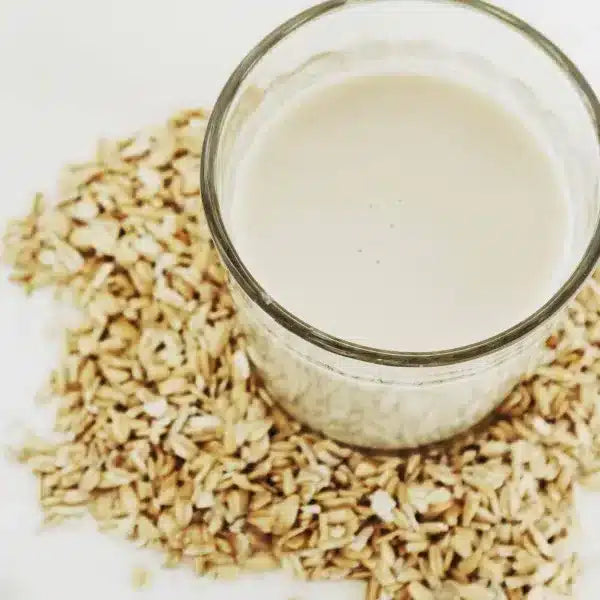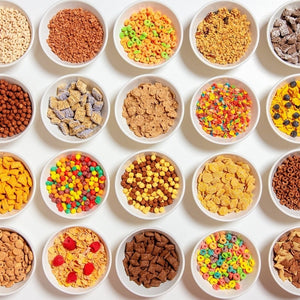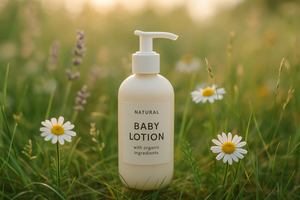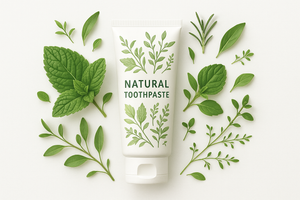Is the Best Store-Bought Oat Milk Fortified?
Some oat milk brands add minerals, vitamins and even protein to mirror the nutritional profile of dairy milk. These packages might boast about the content of calcium, vitamin D, or vitamin B-12. But do you need this?
Personally, I use oat milk in place of cow’s milk, but I am not looking for the nutrition that I would get from cow’s milk. I eat a healthy diet and supplement with a multi-vitamin and vitamin D, so I choose a non-fortified oat milk.
You may prefer a fortified oat milk if you’re seeking a nutritional replacement for dairy. None of the Best Stuff is in this category because of the additional ingredients. If you want a decent fortified oat milk, check out some of the products listed in Okay Stuff.
Hidden Scary Stuff in Oat Milk
Glyphosate, the carcinogenic active ingredient in Monsanto’s RoundUp and other herbicides, is widely used in the cultivation of oats and many other common crops.
In 2018, the Environmental Working Group (EWG) commissioned two studies that found concerning levels of glyphosate in an alarming number of common oat-based cereals and foods. These included including popular children’s foods. In fact, most of the conventional products had elevated levels of glyphosate, and about a third of organic products did, thanks to cross-contamination.
Because of this, we only call oat milk Good Stuff if it’s organic and/or certified glyphosate-residue free by The Detox Project. The best store-bought oat milk is both organic and glyphosate-residue free.
If oat milk is a staple in your diet, I highly recommend that you opt for a glyphosate-free product.
As you'll see in our lists below of Good, Bad, and Sneaky oat milks, you'll see that we suggest that you avoid all the brands of oat milk that aren’t organic and/or glyphosate free, as well as those that have longer lists of ingredients–-including lower-quality oils, sugars, and additives. Oat milk brands that we call Okay Stuff are organic and/or glyphosate free and have relatively simple ingredients. That said, I personally do not buy any of these brands, as they contain additives.








































9 comments
nora.e.m.giordano
Hi Suzanne,
I noticed that Califia Farms now makes an organic version of their oat milk with three ingredients- water, organic oats, and sea salt. I was wondering if you would consider this best stuff? Thanks so much! NoraGraham Goss
This link is fixed.
Suzanne Weaver-Goss
Hello, You’re right the link doesn’t work. I will fix it. I have made oat milk with rolled oats, steel cut oats and whole oats. The less processed oats are the healthiest. Great Value oat milk from Walmart has canola oil so I wouldn’t recommend it. Oats have so much creaminess on their own that I think they add oil because they’re using less oats. We found with almond milk that many of the producers use one almond per quart and then fill it with oil and thickeners.
kmpguard069-reg
Hi Suzanne
Two things The link to whatever product you use to make your oat milk came up with nothing, what do you use to make your oat milk? I don’t have high hopes for this but do you have any info find Great value oat milk I’m sure it’s going to be bad. I literally can’t find anything out about it thanks so muchMarie
Hi there,
What do you think of the Suzie’s Oat milk? Thank you.